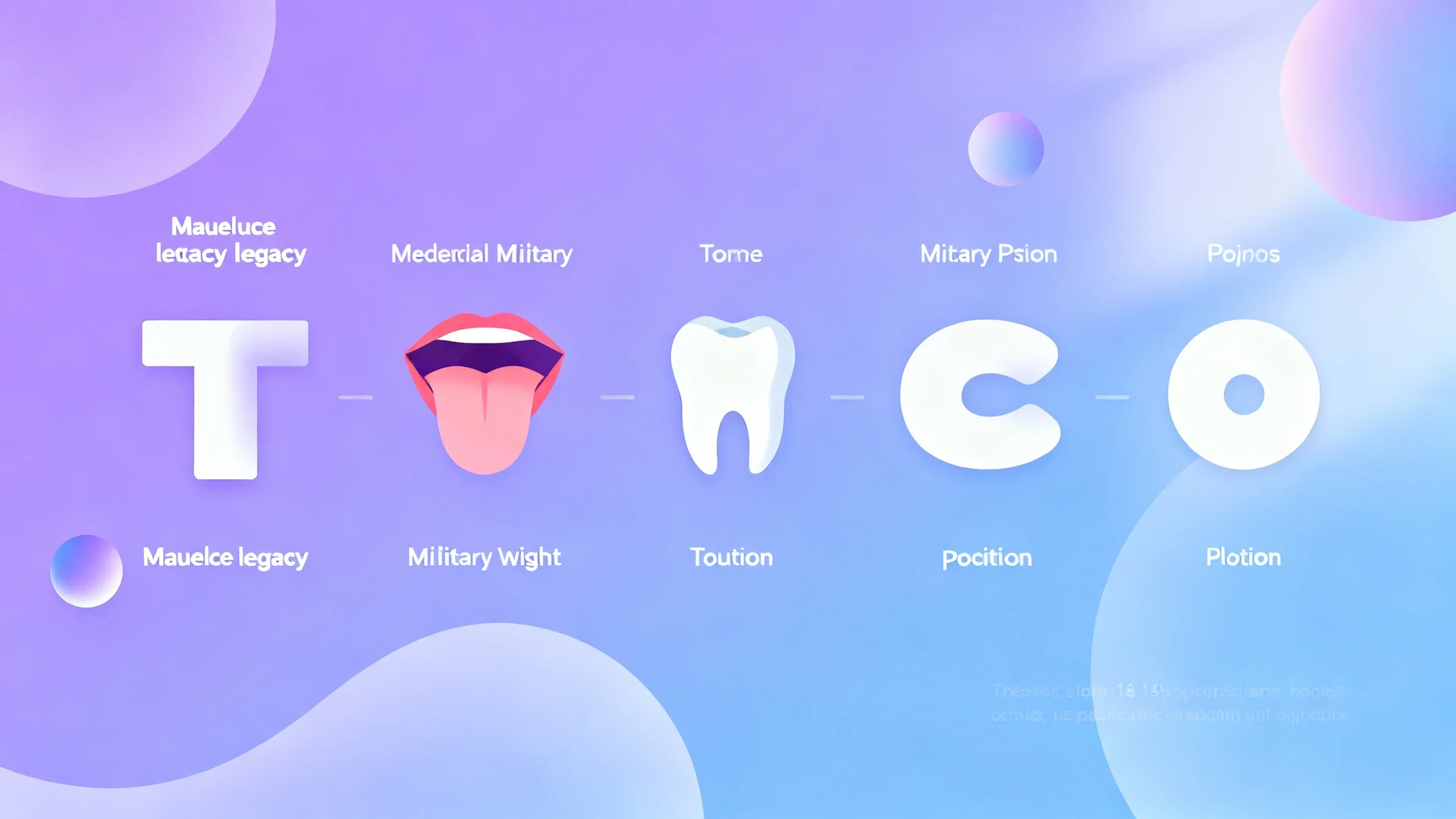
Loading...
Checking authentication...
Practice your pronunciation with interactive games and challenges.
Start PlayingThe term Mameluke finds its origins in the Arabic word "mamlūk," meaning "owned" or "property." Initially, it described slave soldiers who were purchased and trained to serve as elite warriors in medieval Islamic armies. Over time, as these formidable figures rose to power and influence, the term was adapted and reinterpreted by European chroniclers, eventually evolving into its current form in various languages.
As you explore the heritage of this word, you may be surprised to learn that its journey from the Middle East to European battlefields illustrates how language adapts and transforms. This evolution offers a glimpse into the intricate tapestry of cultural exchange across centuries.
Did you know that while the word Mameluke originally referred to slave soldiers, it later became a symbol of resistance and political change in various regions? This surprising shift is a prime example of how words can acquire new layers of meaning over time.
Language is a dynamic, ever-changing entity, and words rarely exist in isolation. The etymological journey of Mameluke can be compared to the evolution of a family tree. In several European languages, notably French, the word morphed into forms like "Mamelouk" or "Mameluc," each variant carrying its own cultural and historical weight. These cognates not only highlight changes in pronunciation and orthography but also reflect the broader socio-political contexts in which they were used.
For language enthusiasts and learners alike, the comparison of these cognates offers a practical illustration of how foreign sounds and meanings are adopted, adapted, and sometimes even redefined in the process of cross-cultural communication.
One frequent misconception is that the term Mameluke is solely a relic of the past with no contemporary relevance. In reality, while the context has dramatically shifted, understanding its historical usage enriches modern linguistic and cultural discussions. Misinterpreting or oversimplifying the term can rob us of the nuanced story it tells about identity, power, and transformation.
One of the fascinating aspects of studying Mameluke is observing its pronunciation shifts as it journeyed through different languages and regions. English speakers, for instance, may struggle with unique sounds that were natural to its original Arabic pronunciation. Thankfully, modern tools help bridge these gaps.
For those seeking practical pronunciation support, check out this helpful Pronunciation guide that meticulously breaks down each segment of the word.
Moreover, if you prefer visual learning, a comprehensive Video guide is available to walk you through the correct articulation practices. With practice, learners can appreciate not only the historical significance but also the present-day utility of the word.
Despite its roots in a bygone era, the concept of Mameluke continues to influence artistic and cultural narratives. From literature and historical novels to modern films depicting ancient battlefields, the layered meanings of this term provide a rich source of inspiration. It stands as a testament to the enduring power of language to capture complex human experiences.
This dynamic interplay between past and present invites us to reflect on how modern society continues to reinterpret historical terms. Understanding the evolution of words like Mameluke offers insights into our current global dialogue, where history and innovation merge.
When comparing linguistic expressions across cultures, it becomes evident that every term carries the imprints of its journey. In Arabic, mamlūk reflects a direct connection to its historical context, while its European descendants have morphed in usage and nuance. This cross-cultural perspective reinforces the idea that language is a living record of human interaction-a mosaic of influences that defies simple categorization.
This exploration challenges us to think critically: How do interpretations of historical terms change when they’re viewed through the lens of modern ideologies? And how can this understanding enrich our own linguistic practices today?
Our in-depth investigation into the etymology of Mameluke shines a light on the powerful interplay between history, culture, and language. It reminds us that by exploring the roots of words, we uncover narratives that traverse time and place, inviting us to appreciate the rich, transformative power of language.
What historical term will you explore next? We encourage you to delve deeper into the world of linguistics-each word holds a story waiting to be uncovered. Whether you are a seasoned language learner or just beginning your journey, let your curiosity guide you through the labyrinth of linguistic history, and keep challenging misconceptions along the way.